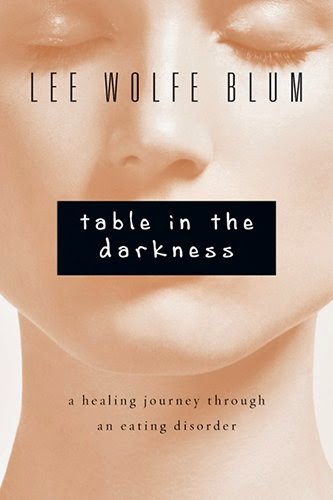When the ruins are all we see … It only means love isn’t
finished yet
Love Will Have the Final Word
Artist: Jason Gray (www.jasongraymusic.com/)
Label: Centricity Music
Length: 11 songs/42 minutes
In the CCM 35th
Anniversary Issue, TobyMac, formerly of dcTalk, said, “One of the things we
lose perspective of is how needy we are.” One reason why I like Love Will Have the Final Word and each
of Jason Gray’s releases is that he continually reminds me of my need for
grace.
One obvious example is “Don’t Know How,” where someone
could mistakenly interpret the opening lines as a before Christ experience.
Rather, when Gray sings, “I want to believe but I don’t know how/Trust what I
can’t see but I don’t know how,” he is recognizing his utter dependence on God,
particularly when “baptized in the burning flame/when the troubles come my
way.”
The distorted background, sounding like tranquilized grunge,
complements the desperation in the lyrics and vocal delivery: “I have no choice
but to cry out for you/Please help ’cause I’m helpless now.” I relate to this
brokenness and the longing for wholeness, more than unattainable perfection.
If we read to know that we are not alone, the same can
apply to listening. On the title track, when Gray sings, “When the voice of
fear rages in my head/Reading down a long list of my regret/When the ruins are
all I see/Remind me that it only means love isn’t finished speaking yet.” It
helps me to know that I am not the only one to see the ruins. I need the
reminder that “As long as God is on His throne/I am carried by the hope that
love will have the final word.” Haunting, echoing guitar lines add an ethereal
quality.
One could easily conclude that this life is characterized
by sorrow, but joy will not be absent on the morning when we wake from the
slumber of the world’s long night. In the eternal scheme, joy is deeper than
sorrow.
One might not think that a song with the phrase “Ha Ha”
would even fit, much less convey a real sense of joy. But the opening,
exuberant “Laugh Out Loud” makes it work with handclaps, mandolin, and is that
the sound of a hammer dulcimer? Let me underscore: it’s no small thing to find hints
of heaven in a song. This puts a smile on my face. It’s like Gray is singing,
“Spring up, o well (of bliss), within my soul.” If all this isn’t enough, it’s
topped off by a chorus of hearty whistling.
This is followed by “With Every Act of Love,” a
similar-sounding track with a larger than life chorus of “ohs” that leads me to
anoint Gray as a king of the monosyllables. This is the soundtrack for when
“heaven touches earth.” As Gray sings on the bridge, “God put a million,
million doors in the world for His love to walk through/One of the doors is
you.” This is a triumphant vision of God’s kingdom being brought to the world
through every act of love. The recording is worth having just for these first
two songs alone.
If a song can awaken compassion and encourage people to
be tenderhearted, it is “If You Want to Love Someone.” Gray fleshes-out what it
looks like when he sings, “Somehow you had a way of seeing just how deep my
wound could go/Oh, but you were never scared to run and meet me there/That’s
how I know/If you want to love someone/Search their soul for where it’s
broken/Find the cracks and pour your heart in/That’s what You did.” It may be
his way of saying that God met him at the point of his greatest sorrow and
need. It’s an example of how through developing trust we can help the hurting.
“The Best Days of My Life” is Gray at his
autobiographical best. It brims with hope as do most of these tracks. Need
encouragement? You can find it here.






